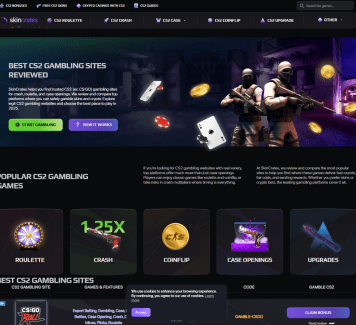
Enterprise software solutions have the potential to completely transform your business, improving efficiency, helping you stay organized, and improving productivity at the same time. But this is a big and potentially expensive decision. How can you go about researching your enterprise software options in a way that leads to the best possible decision?
Start With a List of Needs
Before you start researching and reviewing different types of enterprise software, you should start with a list of your own company needs. What do you need this enterprise software to do? What challenges and problems do you need to solve?
If you’re already using enterprise software and you’re not satisfied with the experience, this should be relatively straightforward. You can come up with a list of all the shortfalls of your current platform and hypothesize about a platform that could conceivably make up for these shortfalls.
If you don’t have a software platform filling this purpose, or if your business is relatively new, it may be harder to generate a list of needs. Still, to avoid overbuying or avoid buying a platform that doesn’t fully work for you, you should spend some time considering your goals and functional requirements.
Generate a List of Possibilities
Find a list of the best enterprise software on the market and start exploring it. Take note of any enterprise software platforms that have a list of features compatible with your list of needs. Chances are, you’ll be able to weed out at least some options immediately because they don’t have all the features or characteristics you require.
It’s also a good idea to consider building your own enterprise software from scratch. This option is often more time-consuming and more expensive, but you’ll get a perfect fit for your business.
Prioritize Close Industry Fits
When reviewing different types of enterprise software platforms, prioritize any options that were designed as a perfect industry fit. Enterprise software designed for the manufacturing industry is much different than similar software designed for the waste management industry or the hospitality industry.
That doesn’t mean that every platform designed for your industry is going to be perfect, nor does it mean you can skip out on the rest of your due diligence. But industry compatibility is a promising first sign.
Evaluate Software Company Leadership and Experience
Next, take a look at the software company leadership and the overall experience of the development team. Who is the person in charge of this company, and do they have a reputation and history that gives you confidence in the future of this software product? How many developers are currently working on this team, and do they seem committed to making the product better? How long has this product been around, and how many people are using it?
Explore Reviews and Testimonials
Most of us trust online reviews about as much as we trust recommendations from our own friends. There’s room for debate on whether this is appropriate, but there’s no question that is looking at online reviews and testimonials can help you make a more educated purchasing decision. Of all the people who have used this enterprise software tool in the past, how many people are satisfied? How many are dissatisfied? What are their biggest compliments and complaints?
Ask Questions
When talking to salespeople, ask lots of questions. Ask about security and auditability. Ask about features coming soon. Ask about the help and support that will be available to your business if you move forward. It’s a chance to learn more about the product, as well as get a feel for the type of customer service you can expect in the future; does this software company want you to succeed?
Give It a Try
Always take advantage of free trials when available. This is your opportunity to see how the enterprise software works in real-time. It’s also a valuable opportunity to see with the rest of your team members think about this software platform; does everyone find this usable and intuitive? Do they agree that it could save them time or streamline certain workflows?
Estimate Return on Investment (ROI)
The real measure of success for your enterprise software will be its return on investment, or ROI. Accordingly, before making a final decision, you should estimate the return on investment like this software product will bring you. How much time are you going to save? How much will you pay for this? At what point will it start paying for itself?
Review the Software’s Roadmap for the Future
Finally, take a moment to review the software’s roadmap for the future. Are developers committed to adding new features and eliminating bugs on a regular basis in the coming months? Does this team seem adaptable and responsive enough to listen to customer suggestions and keep improving the product?
Enterprise software research isn’t always easy, but there are plenty of sources of information that can make your task more approachable. The more information you have and the better you understand your own company’s needs, the easier your decision will get.













